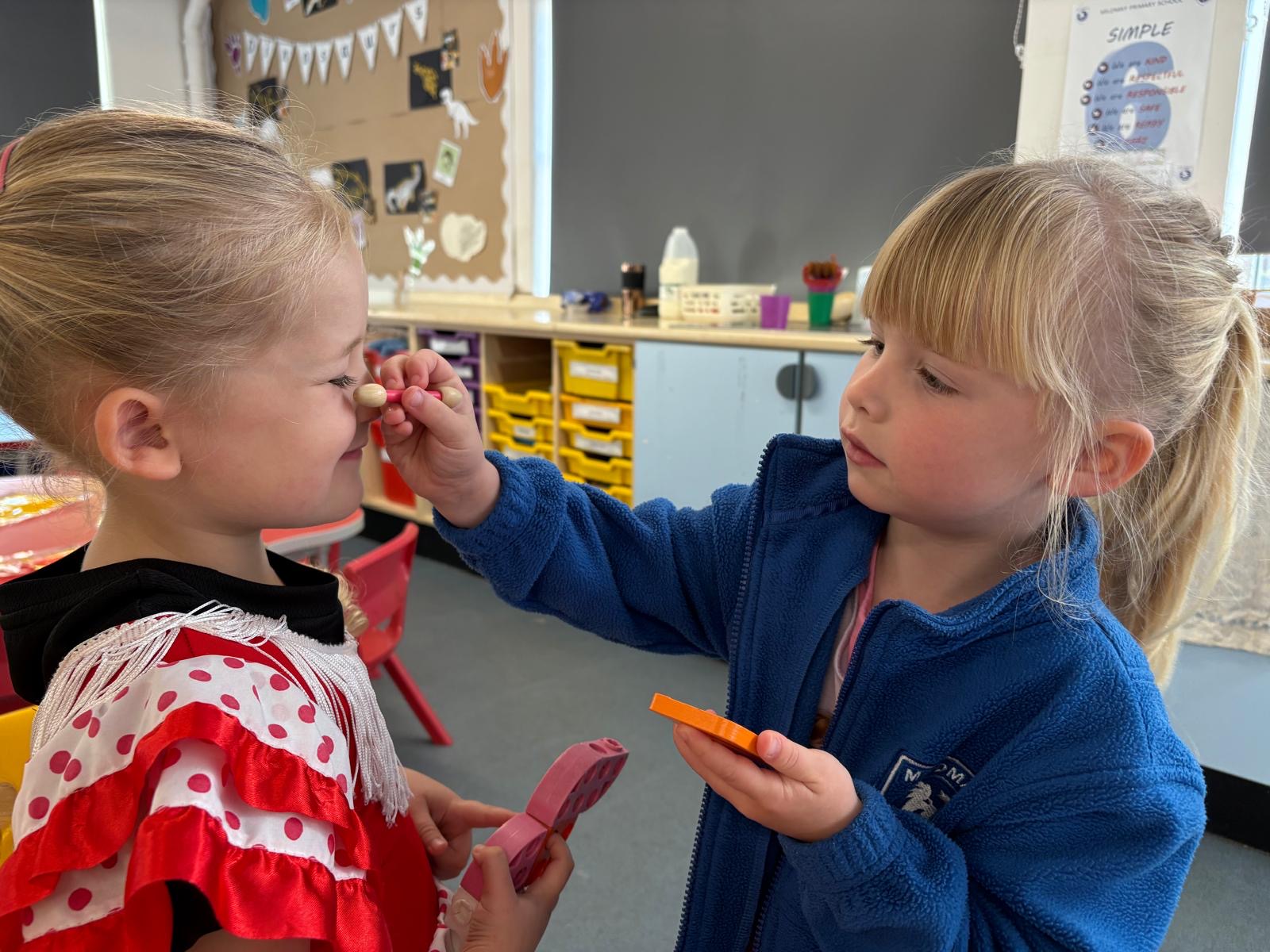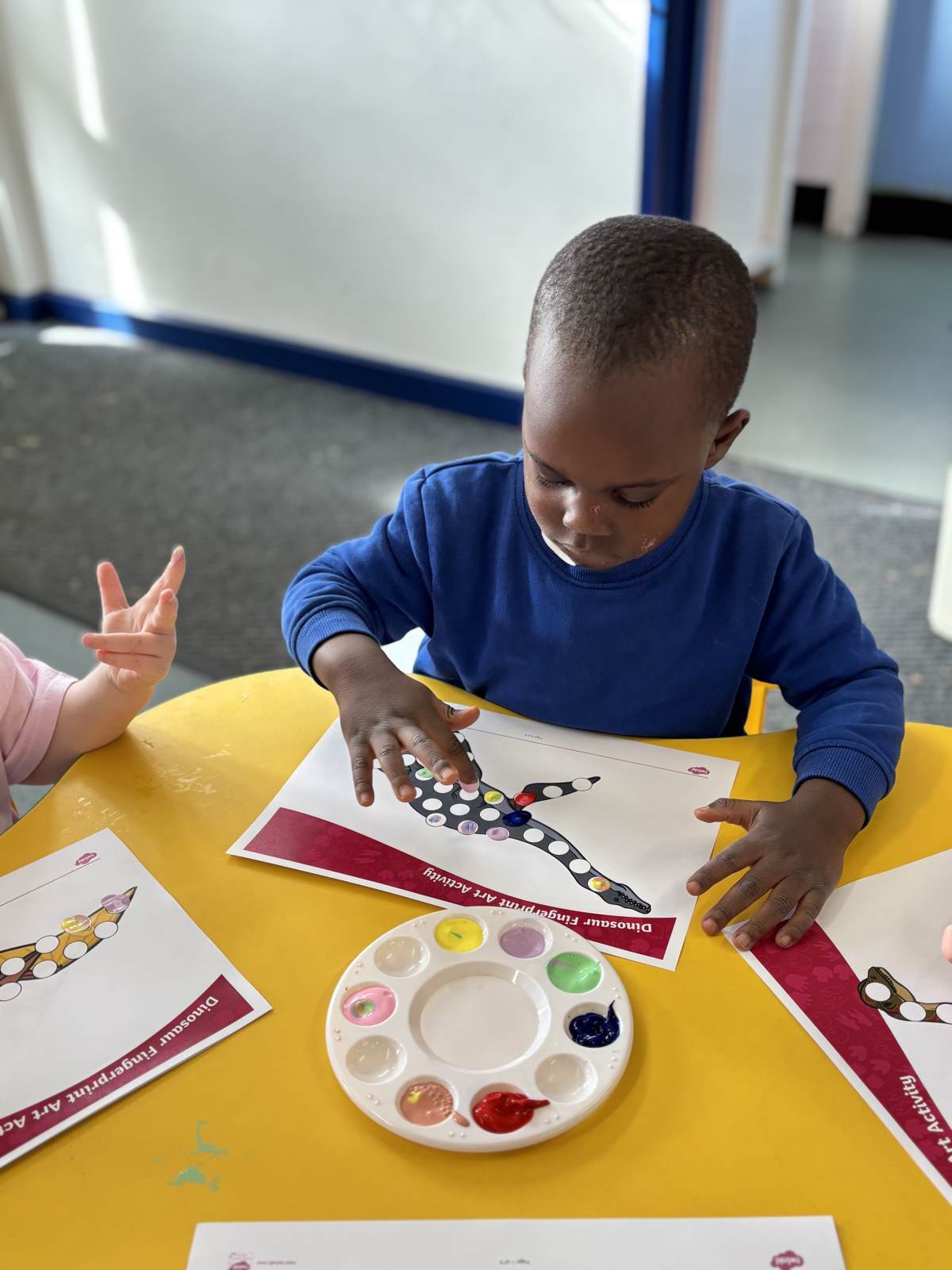The Nursery Curriculum
At Little Robins Nursery we follow the Early Years Foundation Stage framework (EYFS), it is designed to provide a holistic approach to early childhood education, fostering the development of children from birth to the age of five. Within the EYFS there are four guiding principles which shape the practice in an Early Years setting these are:
- Unique child - looking at each child as a unique individual who is constantly learning
- Positive relationships - enabling children to learn to be strong and independent
- Enabling environments with teaching and support from adults - where individual interests and needs are celebrated
- Learning and development - importance of children learning and developing at different rates
This curriculum encompasses seven areas of learning and development, which are divided into prime and specific areas.
The Prime Areas include Communication and Language, Physical Development, and Personal, Social and Emotional Development. These areas are crucial as they lay the foundation for children's overall development. Communication and Language focus on developing listening skills, extending vocabulary, and enhancing verbal expression. Physical Development promotes both gross and fine motor skills, encouraging a healthy lifestyle. Personal, Social and Emotional Development helps children build relationships, understand their emotions, and develop self-confidence.


The Specific Areas of learning comprise Literacy, Mathematics, Understanding the World, and Expressive Arts and Design. Literacy involves the skills of reading and writing, fostering a love of books and stories. Mathematics engages children in counting, sorting, and recognising patterns. Understanding the World encourages curiosity about the environment, technology, and different cultures. Lastly, Expressive Arts and Design allows children to explore creativity through art, music, and imaginative play.
Our children look at a different, over-arching theme each half-term to meet the prime and specific areas of the Early Years framework appropriate to ages 3-4.
Dinosaurs (Autumn - pt.1)Transport (Autumn - pt.2)
Space (Spring - pt.1) Plants & Growing (Spring - pt.2)
Minibeasts (Summer - pt.1) Under the Sea (Summer - pt. 2)
Please look at our nursery handbook for more information.






